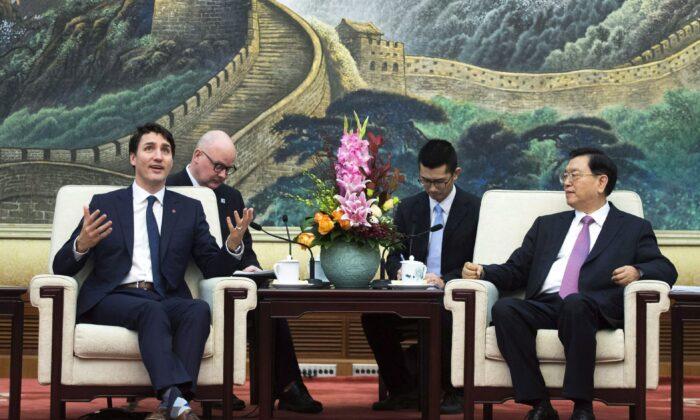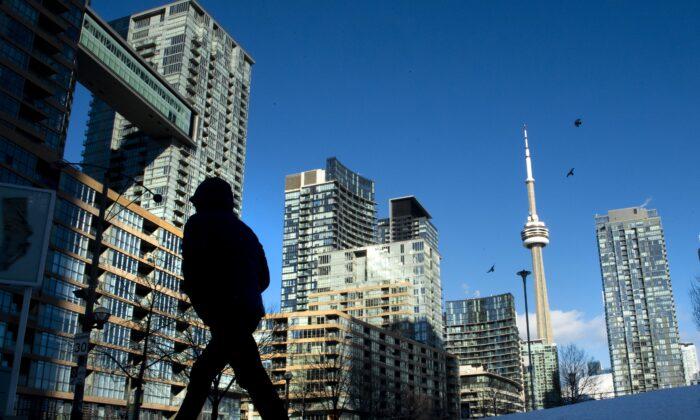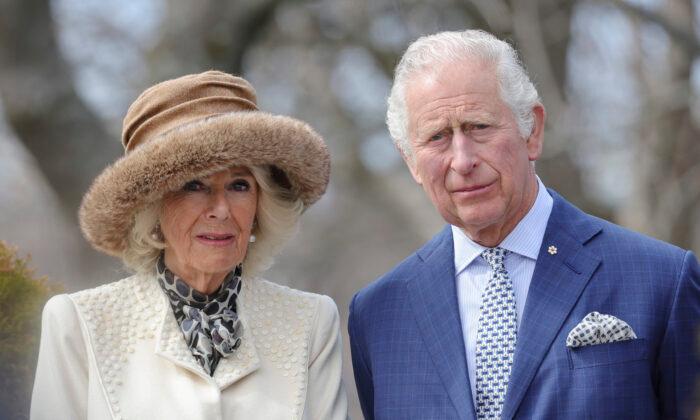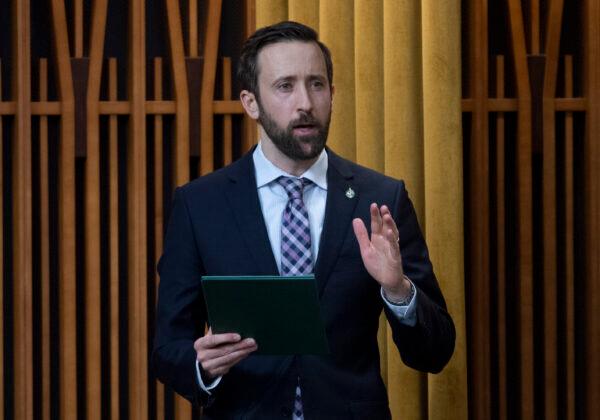U.S. President Joe Biden will hold a virtual meeting with leaders of the G7 on Feb. 19 to discuss such pressing matters as the economy, the response to the pandemic, and a wildly bellicose China. Particularly as it relates to the last of these issues, the meeting could provide a glimpse into what might come of the idea of a new D10 group of leading democracies that Biden, along with British Prime Minister Boris Johnson, has been entertaining since before the U.S. election last November.
The D10 idea has been proposed as a “club of democracies” that could essentially replace the G7 by bringing democracies from the Asia-Pacific region such as Australia, South Korea, and India into the fold. This would acknowledge shifts in the international order, specifically the momentous role the Indo-Pacific region now plays, and the need to rebuild and enhance old arrangements to adapt to the circumstances.
Ideally, since it fancies itself an unapologetic advocate for the liberal international order, Canada’s government would be an influential participant and highly regarded by its peers in the effort to help orchestrate these alliance networks. Unfortunately, Canada continues to prove itself to be a remarkably unreliable ally as it stumbles from one blunder to another—especially when it comes to China.
The partnership, according to the Globe, sees the federal agency providing a whopping $4.8 million to the research ventures of which Huawei is a part. Despite assurances from some professors at the universities involved that these ventures will be advantageous for Canada’s brain power, observers are understandably appalled by the move.
“It boggles the mind that in 2021 we continue to use taxpayer funds to advance China’s priorities at the expense of our economy, security, and Five Eyes partnership,” Jim Balsillie, founder of the Centre for International Governance Innovation, told the Globe.
The government’s explanation is even more mind-boggling. When asked about the issue during question period on Feb. 3, Prime Minister Justin Trudeau said that “we base our decisions on expert recommendations from our top security analysts” and that such decisions are made in the best interests of Canadians and businesses “to both protect them and keep them playing on the global playing field.”
This of course brings up the interesting question as to who exactly would have made this recommendation and on what grounds, since high-ranking officials from Canada’s security services have been warning of the threat Huawei poses for quite some time. Canada’s allies in the Five Eyes have all moved to restrict or ban the company from their 5G networks, with officials in the United States warning of the dangers and considering limiting intelligence access if allies fail to take the necessary precautions regarding Huawei.
But this is also par for the course, given the government’s steadfast pursuit of these sorts of partnerships with Chinese entities as a way to rebuild a “constructive” relationship with China. Canada’s current struggle surrounding vaccines is one consequence of the derailed collaboration with CanSino, a Chinese company whose executives are said to have been involved with the Chinese Communist Party’s “information collection networks.” And last December, news emerged that in 2019 Global Affairs had opposed a decision by Canada’s defence chief to cancel joint military exercises with China’s People’s Liberation Army (PLA) after the U.S. military expressed concern over possible “undesired knowledge transfer” to the PLA.
Former talk of a new China policy from this government has proved to be mere rhetoric, due to its ingrained pattern of failing to comprehend the true, devious character of the Beijing regime and make that the starting point of its approach.
Stubbornly, the prime minister and other members of government still won’t take a position on whether the treatment of Uyghur Muslims in Xinjiang constitutes genocide. Addressing the issue on Feb. 17, Trudeau said the term genocide is “extremely loaded” and evidence still needs to be seen. Never mind that the piles of evidence already accumulated are more than enough to make a judgment.
Connoisseurs of the government’s China naivete were served yet another example recently on its approach to next year’s Winter Olympics in Beijing. Asked for his opinion on sending a representative of the government to the Olympics, Foreign Minister Marc Garneau said he had no position, deferring to the authority of the Canadian Olympic Committee and the heritage and sports ministers. As if this was only a matter of simple cultural exchange, totally disconnected from other foreign policy concerns.
The debate around the Olympics involves deep questions about China’s conduct and the world’s response to it. Are we willing to reward a regime that lied about the virus outbreak, is holding two Canadians hostage, is committing a genocide of Uyghurs, and has been repressing its own people for decades, with the legitimacy and prestige that the Olympics bestows? How does this serve our interests and values?
This should surely weigh on the mind of our foreign minister, as should the inevitability that the Olympics will function as extravagant propaganda theatre using our athletes as supporting characters. This is especially pertinent given that the Chinese regime will be desperate to present a positive image of itself once the pandemic subsides and questions regarding its responsibility are being more forcefully asked. It is bound to be a repulsive spectacle.
The government’s failure to accept reality will continue to make Canada an outlier among allies and an enabler of despotic predations. Constant blunders and an inability to change its approach raise the question of whether we’ll ever see clarity on China so long as the current leadership remains in power. Sadly, the recent trends suggest we won’t, unless Ottawa changes course.





